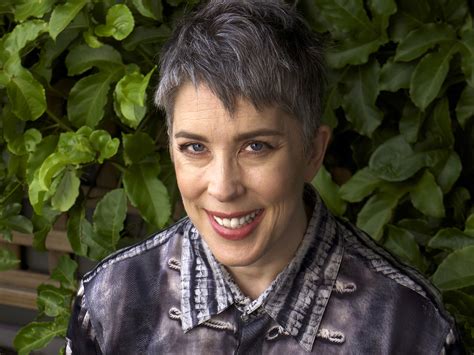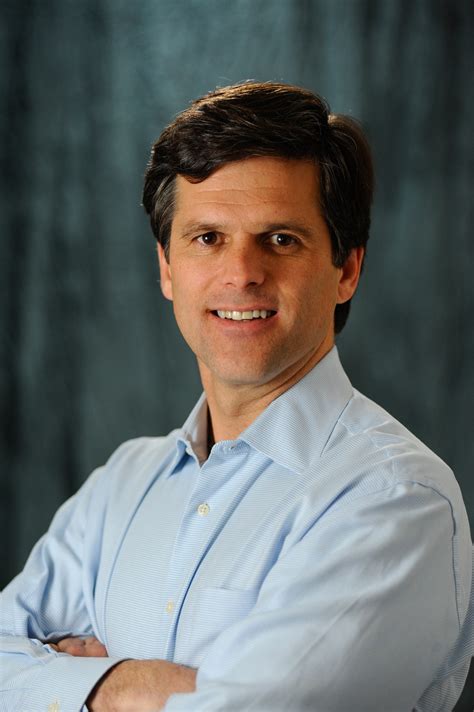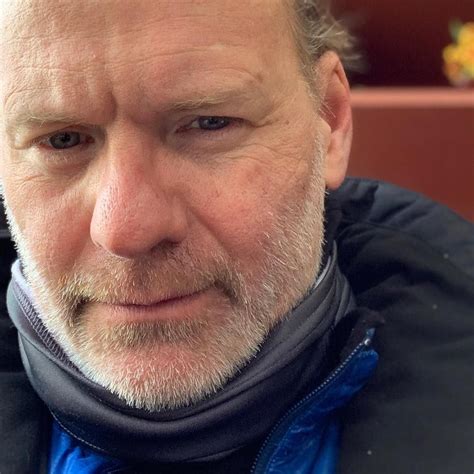A Quote by Margo Jefferson
In many ways, everything about my upbringing decreed that I wouldn't write a memoir because in the world where I grew up, in Chicago in the Fifties and Sixties, one key way of protesting ourselves - 'we' meaning black people - against racism, against its stereotypes and its insults, was to curate and narrate very carefully the story of the people.
Related Quotes
I was wowed by Margo Jefferson's memoir, Negroland, which is about growing up black and privileged in Chicago in the fifties and sixties. It was a window into an alien world. Obviously, I'm not black, but what was really alien to me was her family's focus on respectability. I was never taught when to wear white gloves, what length skirt is appropriate.
I grew up in traditional black patriarchal culture and there is no doubt that I’m going to take a great many unconscious, but present, patriarchal complicities to the grave because it so deeply ensconced in how I look at the world. Therefore, very much like alcoholism, drug addiction, or racism patriarchy is a disease and we are in perennial recovery and relapse. So you have to get up every morning and struggle against it.
We need to organize ourselves and protest against existing order - against war, against economic and sexual exploitation, against racism, etc. But to organize ourselves in such a way that means correspond to the ends, and to organize ourselves in such a way as to create kind of human relationship that should exist in future society. That would mean to organize ourselves without centralize authority, without charismatic leader, in a way that represents in miniature the ideal of the future egalitarian society.
After I wrote my memoir, 'A Long Way Gone,' I was a bit exhausted. I didn't want to write another memoir; I felt that it might not be sane for one to speak about himself for many, many, many years in a row. At the same time, I felt the story of 'Radiance of Tomorrow' pulling at me because of the first book.
Kids coming from very difficult economic circumstances in urban areas are in some ways discriminated against in ways that are similar to the way people with intellectual disabilities are discriminated against. People are afraid of them. People sometimes assume that they don't have skills, gifts or abilities to contribute.
I would say I'm black because my parents said I'm black. I'm black because my mother's black. I'm black because I grew up in a family of all black people. I knew I was black because I grew up in an all-white neighborhood. And my parents, as part of their protective mechanisms that they were going to give to us, made it very clear what we were.
I think the people marching in L.A., on college campuses around the country, aren't marching simply because Trump was a Republican president and he got elected. They're marching because the Trump campaign is very much centered on demagogic rhetoric against immigrants, against Muslim-Americans, against black protest, against sort of America's non-white community.
Because Ajamu Baraka speaks in the language of his community, and makes no bones about it, he really invites in a whole new demographic of voters who have been locked out? - African-American and black and brown people and indigenous people? - who have felt like this system has no place for them. And he is unapologetic about standing up for the rights of the oppressed people and against colonialism and against imperialism.
I see racism as institutional: the rules are different for me because I'm black. It's not necessarily someone's specific attitude against me; it's just the fact that I, as a black man, have a much harder time making an art-house movie and getting it released than a white person does about their very white point of view. That's racism.
You have to know the forces that are against you and that are trying to break you down. We talk about the problems facing the black community: the decimation of the black family; the mass incarceration of the black man; we're talking about the brutality against black people from the police. The educational system.




































